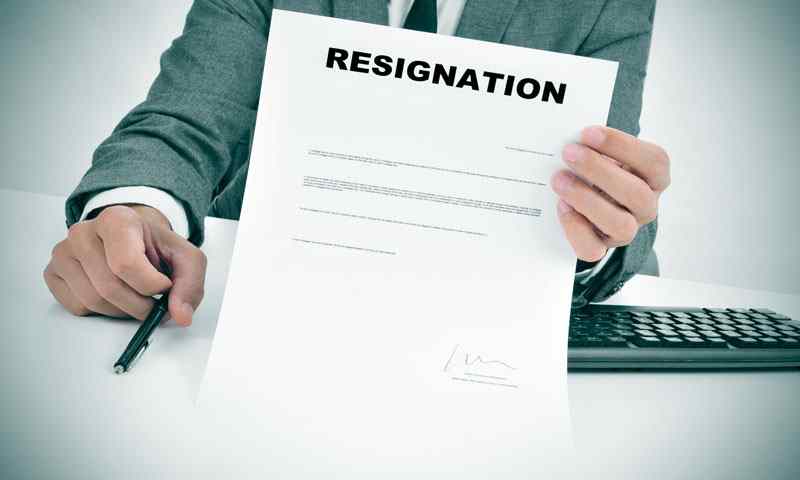
Introduction: The Rise and Potential Fall of Lawyer Salaries
In recent years, the legal industry has witnessed an unprecedented surge in lawyer salaries, particularly among top-tier firms in major financial hubs like London and New York. While this salary boom has been celebrated by legal professionals, concerns about its long-term sustainability are growing. Industry experts warn that the rapid rise in pay could have significant implications for firms, clients, and the legal profession as a whole.
This article explores the factors driving lawyer salary increases, the challenges firms face in maintaining these pay scales, and potential future scenarios for the legal job market. We will analyze industry trends, expert opinions, global perspectives, and practical strategies for firms to navigate the evolving legal landscape.
Why Lawyer Salaries Have Skyrocketed
Several key factors have contributed to the dramatic increase in lawyer salaries:
1. Competition from U.S. Law Firms
The entry of high-paying U.S. law firms into the London market has significantly raised the stakes. Firms such as Kirkland & Ellis and Latham & Watkins offer junior lawyers salaries that often surpass those of their UK-based counterparts. This competition has forced Magic Circle firms like Linklaters and Freshfields to raise their pay scales to retain top talent.
Example: In 2024, newly qualified (NQ) lawyers at Paul Weiss and Gibson Dunn saw salaries jump to £180,000, whereas Magic Circle firms increased their NQ salaries to £150,000.
2. Private Equity and M&A Boom
The explosion of private equity and mergers and acquisitions (M&A) work has driven demand for top-tier legal talent. Law firms handling billion-dollar deals require skilled associates and partners, which has led to premium salaries to attract and retain top performers.
3. Profitability Pressures
Elite law firms have experienced record-breaking profits, allowing them to justify higher salaries. However, as economic conditions shift, firms may struggle to sustain these increases while maintaining profitability.
Challenges to Sustainability
1. Impact on Firm Profit Margins
Rising salaries mean higher costs for firms, and if revenues do not keep pace, profit margins will shrink. This could lead to:
- Increased billable hour requirements
- Pressure to secure high-value clients
- Staff reductions or hiring freezes to offset costs
2. Work-Life Balance and Burnout Concerns
Higher salaries often come with increased workload expectations. Lawyers at top-paying firms frequently work long hours, leading to burnout and attrition.
Quote from Jeremy Hoyland, Simmons & Simmons: “How many hours can you get your people to work before they start falling over? Is it really sustainable to ask people to work those hours?”
3. Market Correction Risks
If economic downturns impact deal flow, law firms may be forced to cut costs. Historically, during financial crises, law firms have implemented:
- Salary freezes or reductions
- Layoffs, particularly among junior associates
- Deferred hiring programs
Comparative Salary Trends by Region
| Region | Average NQ Salary (2024) | Top Paying Firms |
|---|---|---|
| London | £150,000 – £180,000 | Kirkland & Ellis, Paul Weiss |
| New York | $215,000 – $250,000 | Cravath, Davis Polk |
| Hong Kong | HK$1,000,000+ | U.S. and Magic Circle firms |
| Sydney | AUD$150,000+ | Local and global firms |
Future of Lawyer Salaries: Predictions & Trends
1. Shift Towards Performance-Based Pay
Some firms may move away from fixed salaries and implement bonus structures tied to performance metrics, client acquisition, or billable hours.
2. Increasing Use of Alternative Fee Arrangements (AFAs)
Clients are becoming resistant to high legal fees, which may push firms to explore AFAs like flat fees, contingency fees, or subscription-based legal services.
3. AI and Legal Tech’s Role in Cost Reduction
Advancements in legal technology, AI-powered research tools, and automation could reduce the need for large teams of junior lawyers, potentially impacting salary structures.
Frequently Asked Questions (FAQ)
1. Will lawyer salaries continue to rise?
While salaries have risen in recent years, economic conditions, competition, and cost pressures may slow future increases or even lead to corrections.
2. How do U.S. firms afford higher salaries than UK firms?
U.S. firms typically have higher profit-per-partner figures and rely on lucrative private equity and corporate deals to sustain their pay scales.
3. Are higher salaries leading to longer work hours?
Yes, increased pay often comes with higher billable hour expectations, leading to work-life balance concerns.
4. Will AI impact lawyer salaries?
AI could reduce the demand for junior legal roles, potentially capping salary growth for entry-level positions while increasing pay for tech-savvy lawyers.
5. Should aspiring lawyers prioritize salary over work-life balance?
While salary is important, considering firm culture, work-life balance, and long-term career growth is equally crucial.
Conclusion: What’s Next?
The legal industry is at a crossroads. While high salaries attract top talent, firms must find a sustainable balance to avoid financial and operational pitfalls. The future may bring a mix of alternative compensation structures, technology-driven cost efficiencies, and evolving client expectations.
Firms that adapt strategically—prioritizing profitability, well-being, and innovation—will thrive in this changing landscape.












































